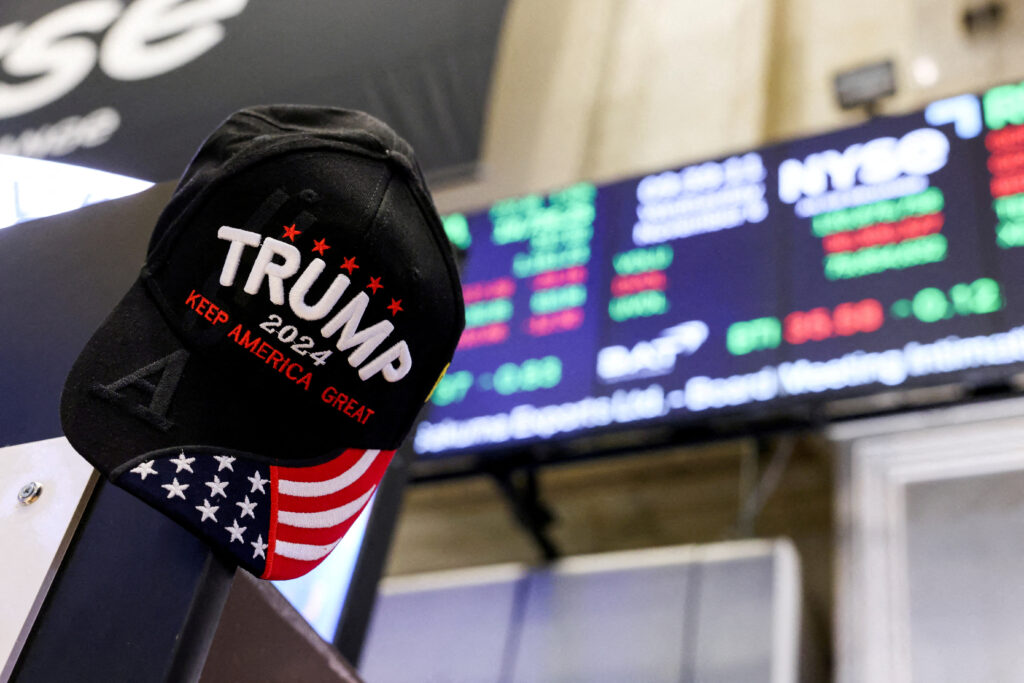Chevron, the second-largest oil company in the United States, announced its decision to relocate its headquarters from California to Texas. This move marks a significant shift in the company’s long-standing history with California, a state it has called home for nearly 150 years.

Chevron’s decision reflects a broader trend of companies fleeing the burdensome regulatory environment of the Golden State in favor of the more business-friendly climate of Texas.
Chevron Says ‘Adios’ to California as It Shifts HQ to Texas Video:
Chevron’s departure follows a series of clashes with California authorities over climate policies and punitive regulations. The company has consistently voiced its concerns about the state’s stringent environmental policies, which it argues have rendered California inhospitable for business.
In a statement, Chevron emphasized the unsustainable business environment in California, noting that the state’s regulatory framework is detrimental to its operations and growth.
The relocation to Texas is not merely a logistical move but a strategic decision influenced by the promise of lower taxes and a lighter regulatory burden. Texas has long been an attractive destination for businesses seeking a more favorable economic climate.
The state’s pro-business policies, coupled with its lower tax rates, create an environment conducive to corporate growth and profitability.
BREAKING: Chevron plans to move its headquarters from California to Texas due to "excessive regulation" and “clashes with authorities” that made California "closed for business." pic.twitter.com/kvMeaauT3H
— Libs of TikTok (@libsoftiktok) August 2, 2024
Chevron’s decision is not an isolated incident. It mirrors a growing trend among corporations that have chosen to relocate their headquarters to Texas. Companies such as Oracle, Tesla, and Hewlett Packard Enterprise have all made similar moves, citing California’s over-regulation and high taxation as key factors in their decisions.
These companies have found Texas to be a more accommodating environment, where businesses can thrive without the constraints imposed by excessive regulation.
Private citizens, too, are increasingly seeking refuge from California’s regulatory climate.
The state’s high cost of living, coupled with its heavy-handed approach to regulation, has driven many individuals to relocate to states with more favorable living conditions. Texas, with its lower cost of living and business-friendly policies, has emerged as a popular destination for those seeking better opportunities and a higher quality of life.
Chevron’s relocation is indicative of a broader economic and political shift. The exodus of businesses and individuals from California to Texas highlights the growing divide between states with restrictive regulatory environments and those that prioritize economic freedom. This shift underscores the need for states like California to reassess their regulatory frameworks and adopt policies that support rather than hinder business growth.
Welcome to Texas! @Chevron will find a state that loves energy, loves freedom & loves jobs!
Chevron leaving California “following clashes with authorities over climate policies and penalties it has said render California ‘closed for business.’” https://t.co/kFEA4DvWeg
— Ted Cruz (@tedcruz) August 2, 2024
Conservative commentators argue that California’s loss is Texas’ gain. They posit that the exodus of companies like Chevron is a direct consequence of liberal policies that prioritize environmental regulations over economic growth. These commentators assert that California’s stringent climate policies, while well-intentioned, have created a hostile environment for businesses, driving them to seek refuge in states with more balanced approaches to regulation.
According to Breitbart:
‘Elon Musk said in July he would move the headquarters of X and SpaceX, as Breitbart News reported. He cited concerns over California’s laws and urban safety issues for the shift.
Chevron flagged it expects all corporate functions to migrate to Houston over the next five years.
Chevron currently has roughly 7,000 employees in the Houston area which dubs itself the “energy capital of the world” and is home to more than a third of the publicly traded oil and gas groups in the U.S., including ExxonMobil, Chevron’s larger rival.’
Chevron’s move also raises questions about the future of California’s economy. As more companies leave the state, California risks losing its status as a hub of innovation and economic activity. The departure of major corporations not only impacts the state’s tax revenue but also its job market and overall economic health. To mitigate these risks, California must consider adopting more business-friendly policies that encourage corporate investment and growth.
In contrast, Texas stands to benefit significantly from Chevron’s relocation. The influx of major corporations into the state boosts its economy, creates jobs, and enhances its reputation as a premier destination for business. Texas’ success in attracting companies like Chevron underscores the importance of maintaining a regulatory environment that fosters economic growth and corporate investment.


